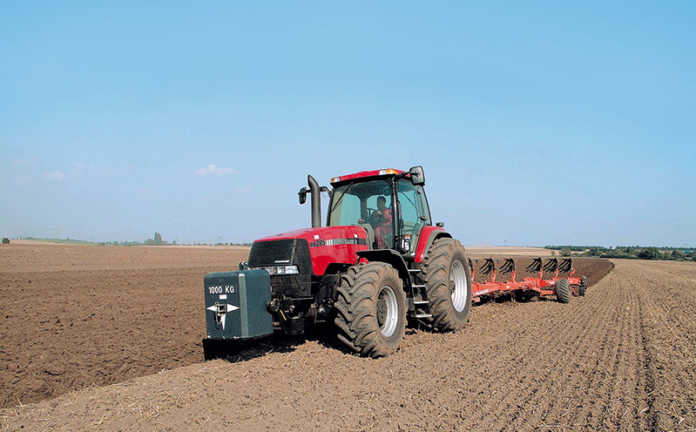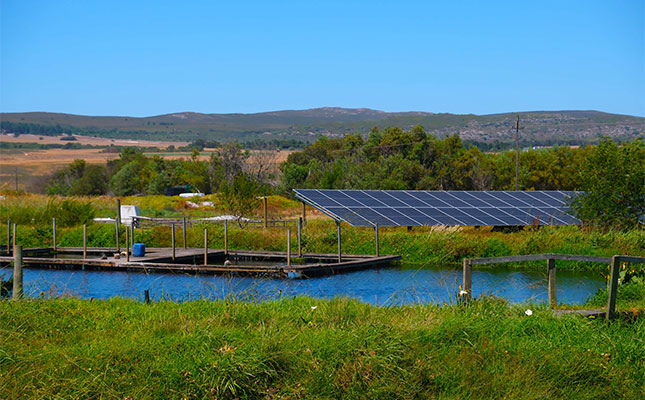
The Fourth Industrial Revolution [the current trend of automation and data exchange in manufacturing technologies] was having a marked impact on precision farming practices, and would also affect the way in which transactions were conducted in the future, he said.
“Blockchain and Bitcoin are real, and while there’s debate about [the viability] of Bitcoin, cryptocurrencies are real and will be used in the trade environment in future,” Purchase said.
This will mean that the sector will need individuals to be trained in using these new technologies, he added.
“Trade wars will be the wars of the future. President Donald Trump came into power using the trade ticket by saying he will build a wall [between the US and Mexico] and renegotiate the North American Free Trade Agreement. What happens in multi-plural trade agreements and Africa being marginalised, are issues that agriculture will be faced with in the future.
Organised agriculture will have to get involved in [negotiations to open up] new markets. If we don’t have trained people in our economy, we won’t be able to compete in a global marketplace,” he said.
According to Purchase, the global balance of power had changed and was now not revolving solely around the economies of the US and the EU. The economies of China and India were now growing at more than 5%/year for sustained periods of time.
“Brexit can [also present] opportunities for South African agriculture. There is already talks about how trade between the UK and South Africa may look in future,” he said.
In addition, Africa’s population was expected to double from one billion to two billion people by 2050, which either posed a critical risk or a massive opportunity to local producers, Purchase said.
“In the areas where there’s population growth, there is weak food security that can’t support the growth. If these populations move either north or south it will put pressure on local resources,” he explained.
Infrastructure challenges such as water and power supply to rural areas would also negatively affect the local agricultural value chain in the future, Purchase said.
Get trusted farming news from Farmers Weekly in Google Top Stories.
➕ Add Farmers Weekly to Google ✔ Takes 10 seconds · ✔ Remove anytime










